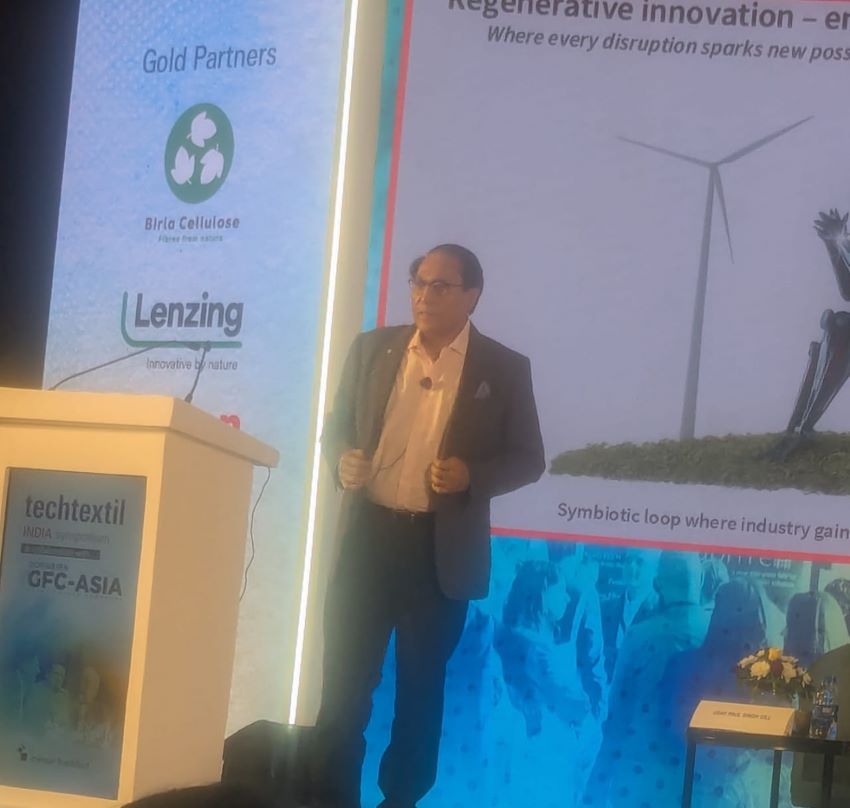Global textile experts will collaborate at the 93rd Textile Institute World Conference (TIWC 2025) from October 7-10 in Porto, Portugal. To include over 100 presentations, the conference will focus on accelerating a circular economy.
The program will highlight several interlocking themes including circularity, digital integration, cleaner chemistry, and a human-centered approach. The dominating theme will be circularity with presentations showing how researchers from different continents are arriving at similar solutions. A team from Manchester, UK, will share how almost half of all end-of-life garments could be channeled into advanced recycling. Meanwhile, researchers from Chemnitz, Germany, will introduce new knitting technology that enables higher proportions of recycled cotton without compromising on softness or durability. Case studies from Bangladesh and Pakistan will also explore how local enterprises are already adopting closed-loop systems, with recycled yarns reaching major global brands.
The conference will highlight how digitalization is becoming the backbone of sustainability. Presentations will cover the use of blockchain, digital product passports, and RFID systems to trace garments throughout their lifecycle, a move that builds consumer trust and helps businesses meet new regulatory requirements. Other topics will include new methods of digital textile printing and open-source knitting software, empowering designers with greater creative freedom.
Addressing the human side of sustainability, TIWC 2025 will introduce a new assessment tool to help apparel manufacturers in Sri Lanka build resilience against climate change risks and protect their workers. The Sustainable Fiber Alliance will also showcase how it's engaging cashmere herders in Mongolia to reduce rangeland degradation and safeguard their livelihoods. Additionally, a new study will reveal how brands can better communicate with consumers about garment care.
The conference will emphasize on an unmistakable sense of convergence and solid progress, says Stephanie Dick, CEO, Textile Institute, highlighting technology and recycling alone cannot deliver sustainability without shifts in culture, education, and policy.












